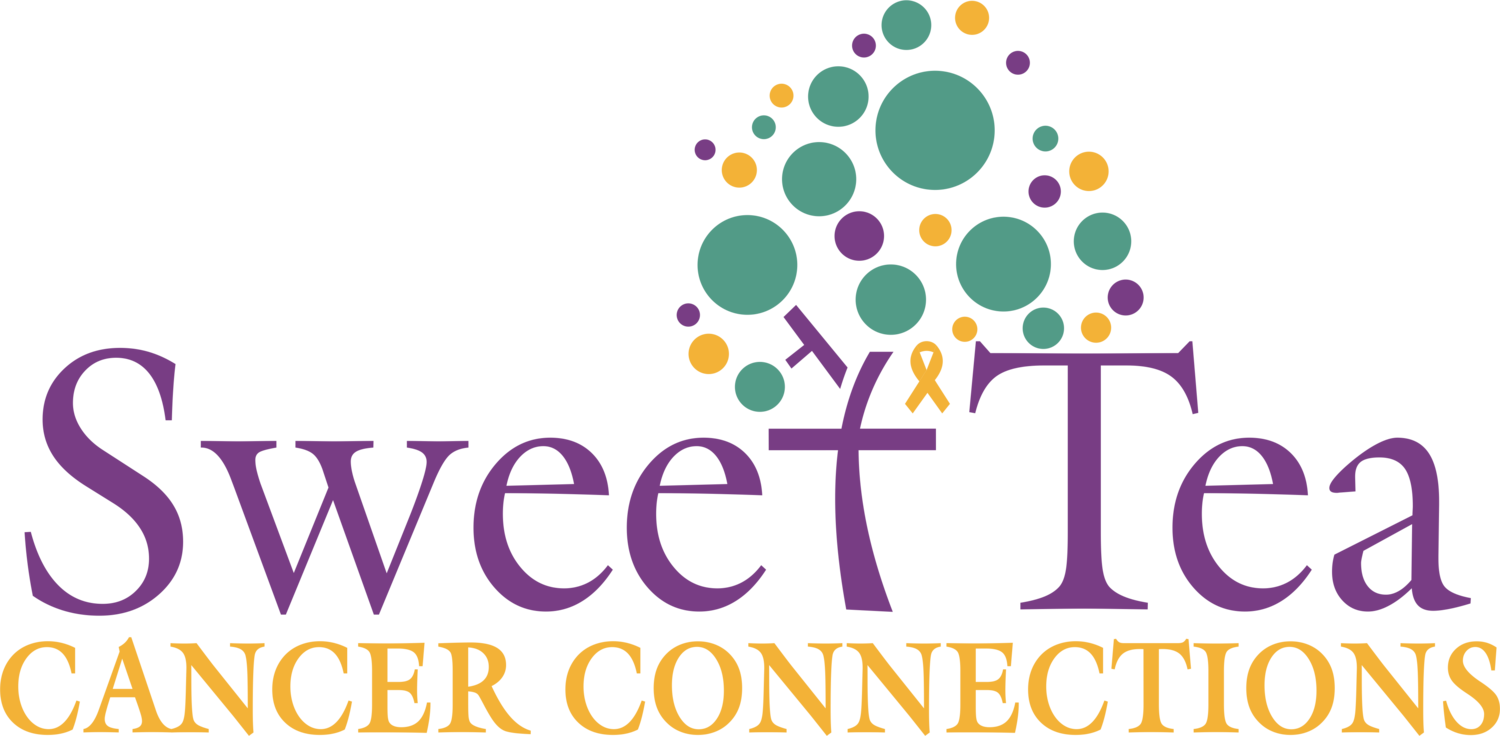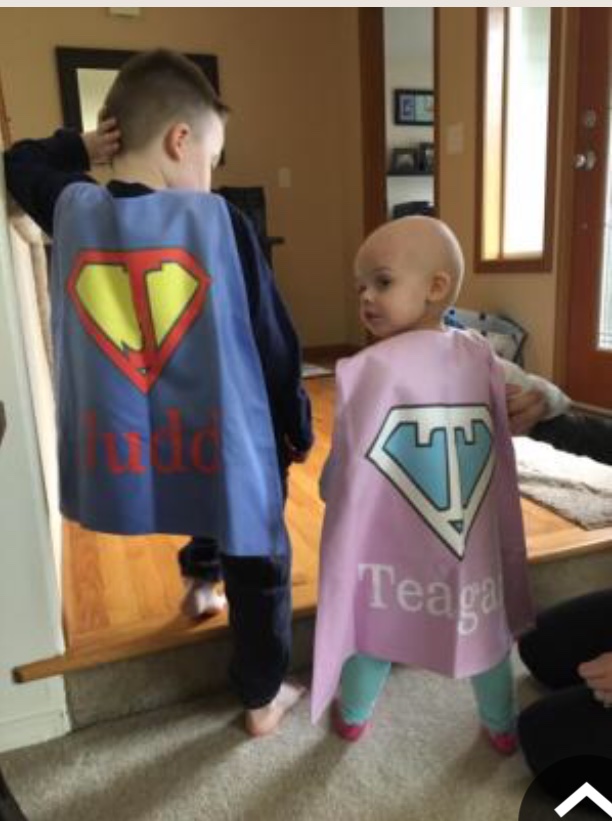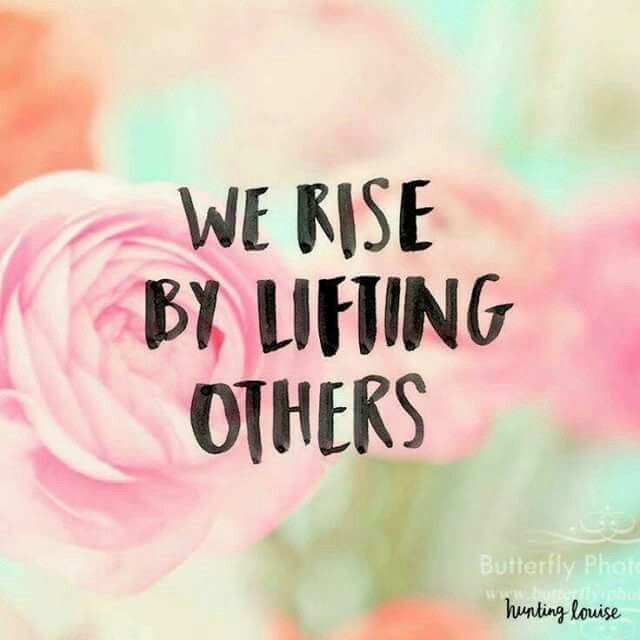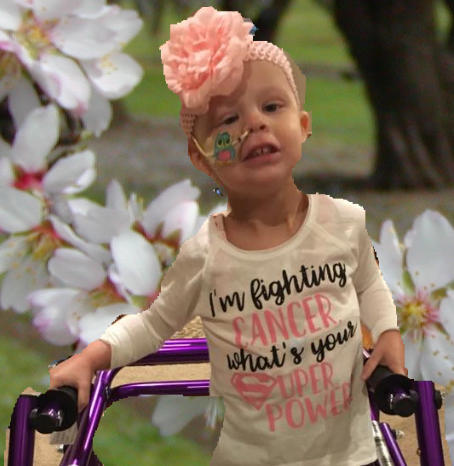Our Community of Hope - a connection app where we are stronger together
Sweet Tea Cancer Connections (STCC), a Seattle based, 501c3, is diligently and passionately developing the world’s first, nonprofit, mobile app to connect parents who have children with pediatric cancer. Because caregivers are bound by confidentiality limitations, families affected by pediatric cancer often fight their journey in isolation. Our nonprofit is creating a mobile app, called Our Community of Hope, to foster the connections among parents that hospitals themselves cannot provide.
Parents in the pediatric community will find hope, knowledge, and empowerment through relationship with families on similar paths to help increase resiliency and reduce feelings of isolation. Parents and primary caregivers who utilize the Our Community of Hope app will know that they are not alone, and together they are stronger.
Literature Review Supporting the Need of the Community of Hope App
A literature review in the research community supports the need of a parent connection app such as ours. A diagnosis of pediatric cancer affects the whole family, and places high levels of stress on parents (Gage, 2012). In comparison to US averages, parents of children with cancer report lower resilience resources, lower levels of family cohesion, and higher levels of global psychological distress (Rosenberg et al., 2013). Social support plays an essential role in buffering the effects that stressful life events can have on families and individuals (Gage, 2012). Studies have found that when social support is available to parents of children with cancer, better psychosocial outcomes result (Gage, 2013). Different types of social relationships effectively provide different types of support (Gage, 2012).
One type of relationship that may be particularly beneficial for those undergoing stressful experiences are experientially similar others (Gage, 2012). Parents undergoing similar experiences, such as navigating pediatric cancer, may be able to provide one another a tailored type of support that they cannot find from their other social connections (Gage, 2013). After receiving a pediatric cancer diagnosis, parents must quickly learn how to approach the healthcare system, and navigate care for their child (Gage, 2013). Connection to other parents of children with cancer helps to equip parents with strategies to overcome obstacles and provides them with emotional support through a difficult time (Gage, 2013). Parents undergoing the same stress can validate their feelings. These relationships provide a safe space to vent where their concerns will be received with understanding (Gage, 2013). Through relationships with experientially similar others, parents of children with cancer can gain resources, information, and support (Gage, 2013).
Because pediatric cancer has a lower incidence rate than that of other pediatric diagnosis, it can become an isolating experience for some parents (Gage-Bouchard et al., 2017). Additionally, the amount of social support provided by general social networks tends to decrease following time of diagnosis, as duration of treatment continues (Pedro et al., 2008). Fostering relationships among other parents in similar positions can provide essential support and promote resilience. Increased levels of resilience, as measured by the Connor-Davidson Resilience Scale (CD-RISC) are associated with more effective stress management, better coping strategies, and decreased levels of depression and anxiety (Rosenberg et al., 2013).







